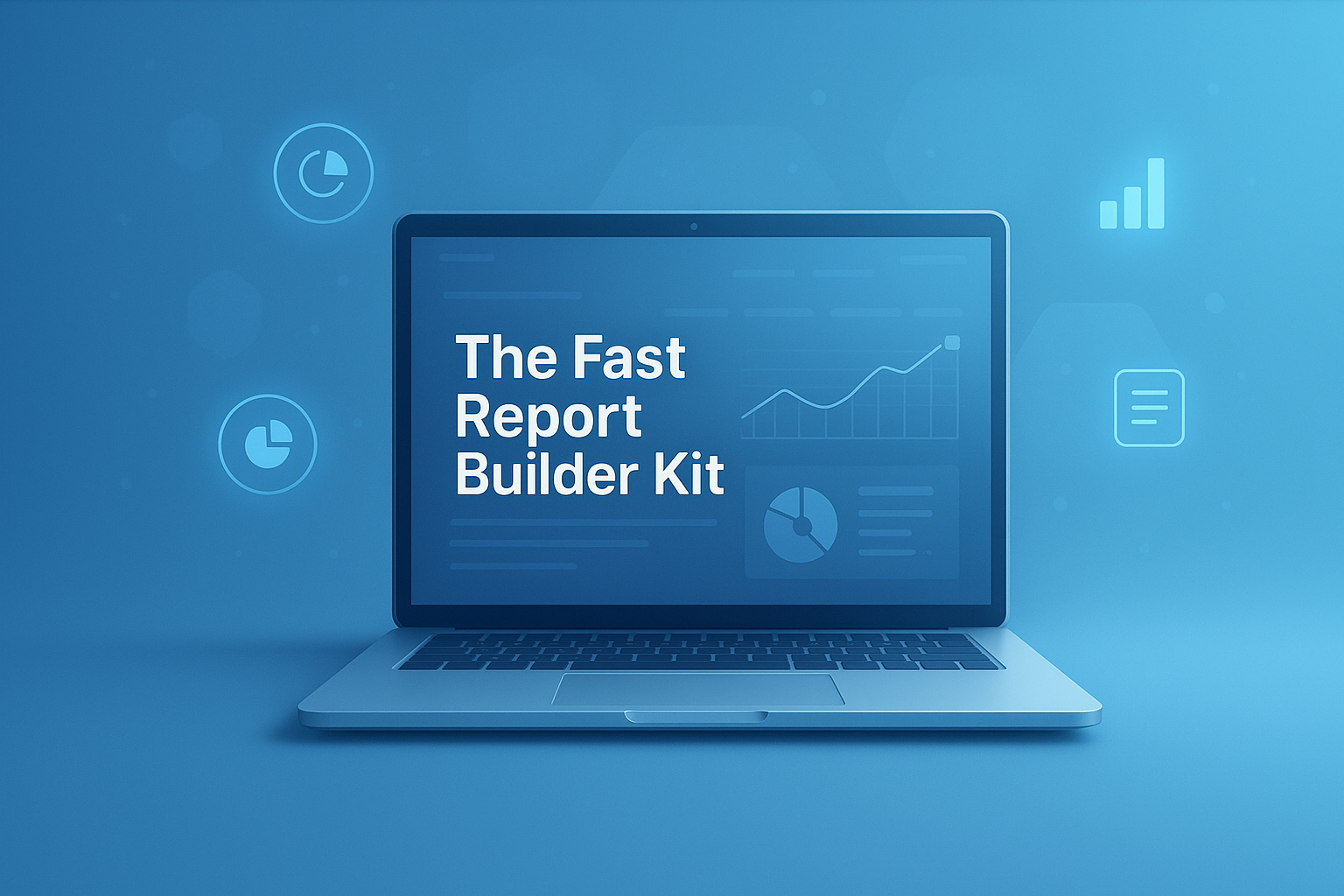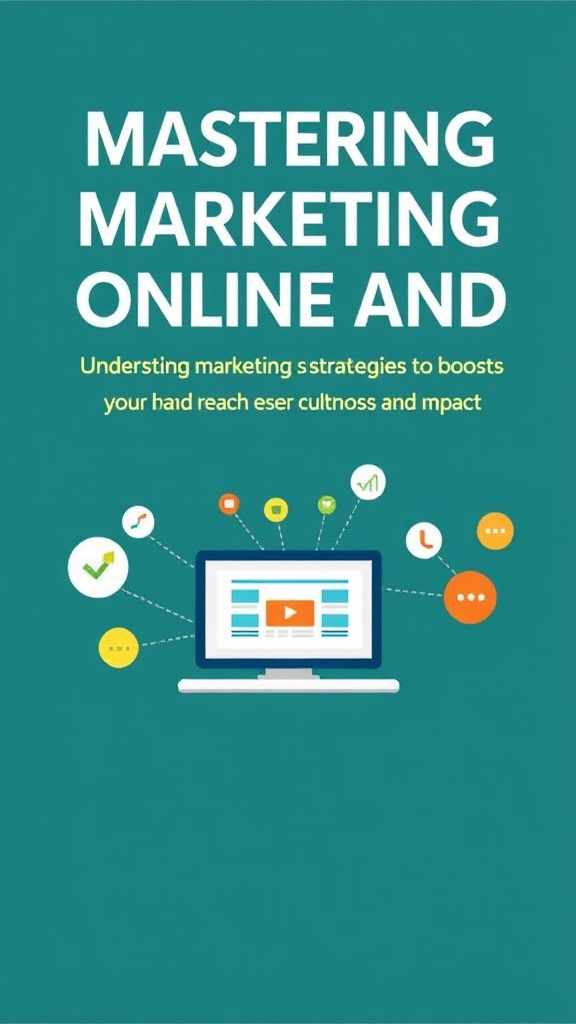Boost Your Small Business Growth by Mastering Effective Strategies for Marketing Online for a Small Business
Boost Your Small Business Growth by Mastering Effective Strategies for marketing online for a small business
In my experience with marketing online for a small business, I've learned that establishing a solid online presence is crucial for growth. When I first started exploring how to effectively promote my small business, I realized that digital marketing strategies could significantly impact my reach and revenue. I want to share what I've discovered about marketing online for a small business so that others like me can succeed in this competitive landscape.
From what I've learned, mastering marketing online for a small business involves a combination of understanding your audience, leveraging the right digital channels, and continuously optimizing your efforts. I believe that with the right approach, even small businesses can compete with larger brands online. In this guide, I’ll walk you through my personal insights and practical strategies to boost your business growth through effective online marketing.
Understanding the Importance of marketing online for a small business
Why Digital Marketing Matters for Small Businesses
I've discovered that marketing online for a small business is no longer optional; it's essential. When I started focusing on my digital presence, I saw firsthand how it opened doors to new customers and markets. From my research, I know that consumers increasingly turn to the internet to find local businesses, making online marketing a vital part of growth strategies.
In my experience, small businesses that ignore digital marketing often fall behind competitors who leverage it effectively. I recommend investing time and resources into understanding how marketing online for a small business can help you build brand awareness, generate leads, and foster customer loyalty. The opportunities are vast if you know where to focus your efforts.
Benefits of Effective Online Marketing
I’ve found that one of the biggest advantages of marketing online for a small business is cost-effectiveness. Compared to traditional advertising, digital channels allow me to reach a highly targeted audience with a smaller budget. From what I’ve learned, tools like social media ads, email marketing, and SEO can deliver impressive ROI.
Additionally, I believe that online marketing provides valuable data insights. This means I can track what works and adjust my strategies in real time. For small businesses like mine, this level of agility is crucial for sustained growth and staying ahead of competitors.
Building a Strong Digital Presence through marketing online for a small business
Creating a User-Friendly Website
In my experience, a well-designed website is the cornerstone of marketing online for a small business. I’ve learned that your website should be easy to navigate, mobile-friendly, and optimized for search engines. When I revamped my site, I made sure it communicated my brand clearly and provided visitors with quick access to contact information and products.
I recommend investing in quality web design and SEO basics to improve your visibility. From what I've seen, a professional-looking website builds trust and encourages visitors to become customers, which is vital for small business growth.
Optimizing for Local SEO
From my research, local SEO is one of the most effective strategies for marketing online for a small business. I discovered that optimizing my Google My Business profile, using local keywords, and gathering reviews significantly increased my local visibility. When I focused on local SEO, I noticed more foot traffic and calls from nearby customers.
I recommend regularly updating your online listings and creating local content to attract community interest. This approach helps your business appear in local search results and maps, which is crucial for small businesses targeting nearby clients.
Building a Positive Online Reputation
I’ve found that managing my online reputation is a continuous process. Responding to reviews, sharing customer success stories, and providing excellent service all contribute to a positive image. In my experience, happy customers leave reviews, which boost credibility and attract new clients.
I recommend actively engaging with your audience on review sites and social media. Positive feedback can be a powerful tool in your marketing online for a small business strategy, helping you stand out in a crowded marketplace.
Leveraging Content and Social Media for marketing online for a small business
Creating Content That Resonates
I've learned that content marketing is one of the most effective ways to connect with my audience. I focus on creating valuable blog posts, videos, and tutorials that address my customers' pain points. When I share authentic stories and helpful tips, I notice increased engagement and trust.
From my experience, consistent content helps improve your website’s SEO and positions your small business as an authority. I recommend tailoring your content to your target market and maintaining a regular publishing schedule for best results.
Building Engagement on Social Media
In my journey with marketing online for a small business, I’ve found social media to be a goldmine for direct customer interaction. Platforms like Facebook, Instagram, and LinkedIn allow me to showcase my brand personality and respond to inquiries promptly.
I recommend creating engaging posts, running targeted ads, and participating in community conversations. Social media is a powerful way to humanize your brand and foster loyalty, which directly contributes to your growth.
Utilizing Data and Analytics for marketing online for a small business
Monitoring and Analyzing Website Metrics
I've discovered that using tools like Google Analytics has been pivotal in understanding my website visitors. Tracking metrics such as traffic sources, bounce rates, and conversion rates helps me identify what’s working and what needs improvement in my marketing online for a small business efforts.
I recommend setting clear goals and regularly reviewing your analytics data. This practice allows you to optimize your campaigns and allocate resources more effectively, ensuring sustained growth.
Refining Strategies with Data Insights
From my experience, data-driven decision-making is key to refining your marketing efforts. I’ve learned to test different messaging, platforms, and offers based on analytics feedback. This iterative process has helped me maximize my ROI.
I recommend that small business owners stay flexible and adapt their strategies as data indicates shifts in customer behavior or preferences. Continuous optimization is essential for long-term success in marketing online for a small business.
References and Resources
Throughout my research on marketing online for a small business, I've found these resources incredibly valuable. I recommend checking them out for additional insights:
Authoritative Sources on marketing online for a small business
-
Google My Business Guide for Small Businesses
smallbusiness.withgoogle.comThis resource provides detailed strategies to optimize your local SEO and increase visibility in your area, which is essential for marketing online for a small business.
-
Moz’s Beginner’s Guide to SEO
moz.comA comprehensive guide that helped me understand the fundamentals of SEO, which is crucial when doing marketing online for a small business.
-
Neil Patel’s Blog
neilpatel.comNeil Patel shares actionable tips on digital marketing strategies, especially valuable for small business owners looking to improve their marketing online for a small business.
-
HubSpot Marketing Blog
blog.hubspot.comOffers insights on content marketing, social media, and inbound marketing, all critical elements of marketing online for a small business.
-
Content Marketing Institute
contentmarketinginstitute.comA fantastic resource for developing compelling content strategies tailored for small businesses looking to excel in marketing online for a small business.
-
Search Engine Journal
searchenginejournal.comProvides up-to-date news and strategies on SEO and SEM, essential for refining your marketing online for a small business.
-
American Marketing Association
ama.orgOffers research and whitepapers on marketing trends and best practices which can inform your marketing online for a small business strategy.
-
Investopedia on Digital Marketing
investopedia.comA straightforward overview of digital marketing concepts that helped me understand the fundamentals and craft my marketing online for a small business plan.
Frequently Asked Questions
What are the most effective online marketing strategies for small businesses?
In my experience, the most effective strategies include local SEO optimization, content marketing, social media engagement, and email marketing. I’ve found that focusing on these areas allows small businesses to reach their target audience efficiently and cost-effectively. I recommend starting with a strong website and then expanding your efforts to social media channels and local listings.
How can I improve my visibility through marketing online for a small business?
I’ve learned that optimizing your local SEO, maintaining an active social media presence, and creating valuable content are key to increasing visibility. I suggest leveraging tools like Google My Business and focusing on customer reviews to enhance your local profile. Consistently analyzing your metrics helps refine your approach and boost your online presence.
What tools should I use for marketing online for a small business?
From my experience, essential tools include Google Analytics for tracking, SEO tools like SEMrush or Moz for keyword research, social media management platforms like Buffer or Hootsuite, and email marketing services such as Mailchimp. These tools enable me to monitor performance, optimize campaigns, and connect with my audience more effectively.
How can small businesses measure the success of their marketing online for a small business efforts?
I’ve found that setting clear KPIs such as website traffic, conversion rates, social engagement, and lead generation helps measure success. Regularly reviewing analytics allows me to see what strategies work best and where I need to improve. I recommend adopting a data-driven mindset to continually refine your online marketing efforts.
Conclusion
In conclusion, my research on marketing online for a small business has shown that a strategic, data-driven approach can significantly accelerate growth. I believe that focusing on building a strong online presence, leveraging content and social media, and constantly analyzing results are key steps to success. I hope this guide helps you feel more confident in your digital marketing journey and inspires you to implement these strategies to boost your small business.
Find out more information about “marketing online for a small business”
Search for more resources and information:






